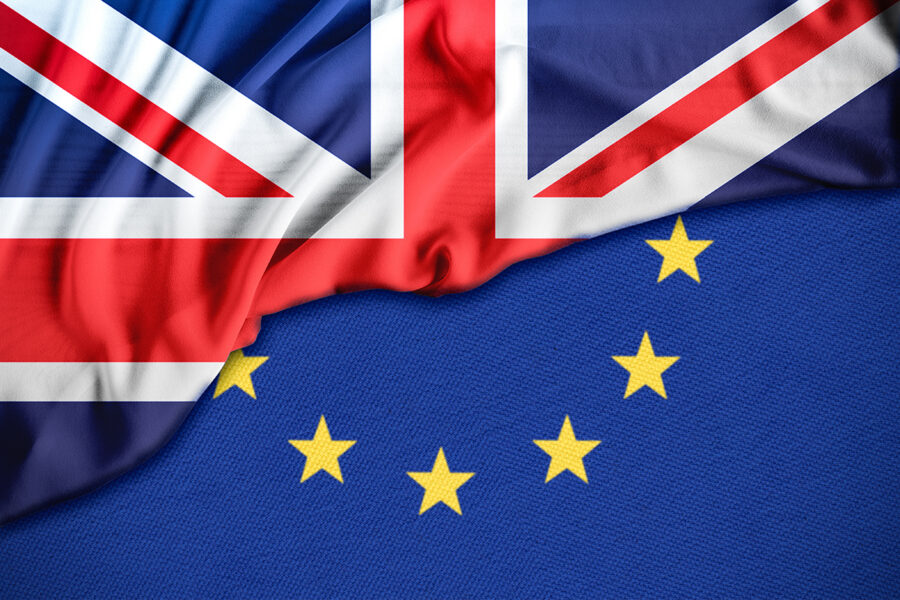What is changing for the catching sector, and what actions are required?
At 10.59pm on 31 December, the transition period ends, and the UK will embark on a new chapter as an independent coastal state. After 47 years, we will be able to take better advantage of the riches in our waters and manage our seas more sustainably.
The UK government and Marine Management Organisation (MMO) are committed to supporting fishermen to prepare for the end of the transition period, and have produced this guide to what will change and how fishermen can prepare.
The government has also confirmed it will continue to support the sector by maintaining funding for fisheries schemes that replace the previous EMFF grant scheme across England, Scotland, Wales and Northern Ireland.
Negotiations on the Future Framework Agreement with the EU are ongoing. Annual negotiations with Norway, Faroes and the EU to agree TACs for 2021 are already underway and will continue this month. Once negotiations conclude, DEFRA will set out how any additional quota secured will be managed. As in previous years, if arrangements are not agreed between different coastal states, provisional TACs may be set for a period of time.
Following the outcome of negotiations, DEFRA will provide further detail on the changes for imports/exports of fish and fish products.
Changes from 1 January, 2021
After the UK leaves the transition period, there will be no immediate changes to UK fishermen’s responsibilities. Fishermen will need to comply with the same regulations, including obligations under the landing obligation and adhering to bass authorisations and limitations.
Reporting requirements will also remain the same, such as completing paper and electronic logbooks, making landing declarations and creating transport documents if driving catch to market for first sale. Completing and submitting this documentation accurately and promptly will help exporters complete the new paperwork they will be required to complete.
Access
Automatic access for UK vessels to fish in EU waters and other coastal states’ waters (such as Norway and Faroes) will cease at 10.59pm on 31 December. Future access for UK vessels will be subject to negotiation.
Effort limits
The Western Waters effort limits for the UK fleet will remain unchanged for the moment, but will apply within UK waters only from 1 January, 2021.
Licences
Where access is granted to EU or other coastal states’ waters, an additional licence to fish there will be needed. These will be issued by the Single Issuing Authority acting on behalf of the fisheries administrations of England, Northern Ireland, Scotland and Wales. Fishing outside UK waters without a new licence is not permitted. If access to fish in EU waters is not granted, domestic fishing vessel licences will be amended by the fisheries administration to make this clear.
The Single Issuing Authority will also issue licences to operators of UK vessels which wish to fish in waters regulated by regional fisheries management organisations such as NEAFC, NAFO or ICCAT, of which the UK is now a member in its own right.
To make sure the licensing process is smooth, please make sure details are up to date with your fisheries administration.
Removing fishing gear
Pots or gear outside UK waters must be removed before 31 December until a licence to fish outside UK waters has been granted. Lifting pots after 11pm on 31 December would constitute fishing, and therefore an infringement (unless in possession of a licence to fish in those waters).
If fishing is not permitted, after 11pm on 31 December gear will need to be lashed and stowed when transiting through non-UK waters.
Landing in EU ports
Fishermen may only land direct into EU ports that are designated under the North East Atlantic Fisheries Commission (NEAFC) regulations. To do so, you need to register your vessel with NEAFC’s port state control system and provide prior notification to the port up to four hours ahead for fresh fish, and up to 72 hours ahead for frozen fish.
You also need to submit a pre-landing declaration at least four hours ahead. Other rules apply, including obtaining an IMO or UK EORI number, and completing a UK catch certificate. Some species, e.g. live bivalve molluscs, cannot be landed directly into the EU from 1 January, 2021.
Further information
While this article highlights some of the most immediate actions required of fishermen, more information on business readiness is available on the MMO’s website.
Details on the changes for import/export were provided in the 12 November issue of Fishing News. DEFRA will provide further clarifications following the outcome of the UK-EU negotiations.








